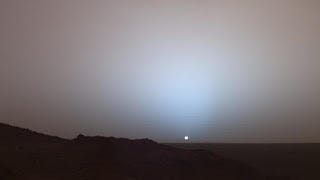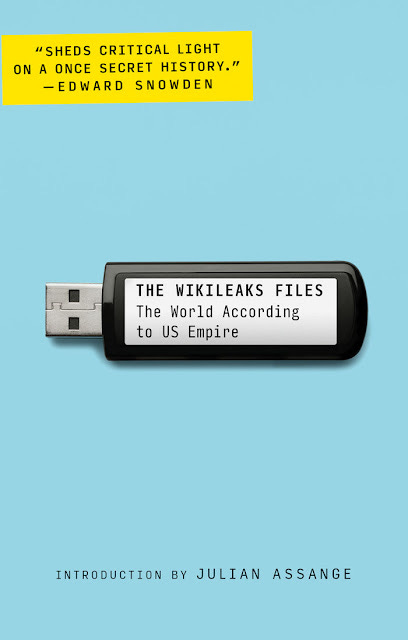
Tim Ritchie
Old Alex pulled up by the side of the road, just past the Namoi River, struck by the sight of the river gums beside a classic Outback scene.
He just wanted it all to stop.
His career as a journalist had made him a POI, a Person of Interest, and he had become, as book followed book, increasingly haunted.
He tried to fight back, as sick of them as they were no doubt sick of him, but he had grown tired of abusing his tormentors through the microphone in the car.
"Never forget: I know how incompetent and dishonest you are."
He was sick of the absolute bastardry of government which had been turned on him after he had left full time work on the national newspaper; sick of the depths of dishonesty these people would stoop to in pursuing him.
Sick of the bureaucratic mentality: Just Say No.
Because to say no, to destroy someone, was safer than working with them.
The more barren the culture became, the more they liked it.
He was tired of demanding compensation for the previous three years of harassment, an acknowledgement, apology and financial compensation which was never going to come.
$27.3 million seemed like a good figure to him, considering the lengths the authorities had gone to destroy him psychologically and physically, to ruin his reputation, to hound him from one place to another, to another. And the vast amount of time, money and energy they had wasted.
"One day that man will kill himself."
What sort of person would do that to another?
Bullies. Government funded bullies.
The Prime Minister's Literary Awards had just been co-won gone by a book, The Life of Houses, about "hidden tensions in one of Australia's establishment families".
"Revolutionary art," he sniffed, as outside storms rumbled in the great skies of the Australian Outback.
This was the same Prime Minister, the same government, who had done much to destroy the Australian book publishing industry, and alienated authors across the country.
The tax payer funded Radio National broadcast Malcolm Turnbull's speech on his love of Australian literature. To Alex it was all preposterous. He simply couldn't stand the hypocrisy. Everything annoyed him. He was becoming a curmudgeon.
Alex was no longer employed by a multi-billion dollar news corporation, no longer confined by the corporate tedium of what Rupert Murdoch's editorial henchmen saw as news; those narrow confines of what they thought, or knew, would please their boss.
"I've never known someone so consistently depressed as you," someone had said to him downstairs in the headquarters of News Limited.
And it was true, he wasn't living the life he wanted to live, he wasn't writing what he wanted to write, and in those aging years when journalism, a young man's sandpit and and old man's quicksand, had become a curse; he simply showed up for work. He had children to support. He had no choice. A profession which once seemed full of excitement became tedium absolute.
The greatest talent required of a senior editor at The Australian had been the ability to please Rupert, not to generate stories, not to appeal to the public, not to create an exciting newspaper.
The Australian was an inexcusably dull vanity publication of Rupert's which lost more than $30 million a year. His escape had been both a liberation and a torment; he missed the camaraderie of fellow sufferers, and for a long time he had been completely lost.
Then he began to write what he wanted to write, and life promptly turned to hell as he became a Targeted Individual, pursued, harassed and under surveillance.
It had reached ridiculous levels, as he was hunted from one home to another, when he never felt safe and he became convinced, as paranoiac as it sounded, that the authorities wanted him dead.
"Heart attack, heart attack," "That man will kill himself one day."
They were standard tactics of PsyOps, or psychological operations, as he understood it.
And he came face to face with a world he had never encountered, or at least never understood; dark policing, government sponsored intimidation and harassment through surveillance operations.
The agencies were vastly over-funded; in secrecy corruption and malfeasance bloomed. Abused from dawn to dusk, he became increasingly ratty. It didn't matter what he did, what he said, how he behaved, what efforts he made to brush them off, the attacks were relentless and ongoing; and had frayed him to the remote edges of sanity; flayed by words and invisible demons and rippling consequence.
It would be so much easier to just comply, but the goal posts constantly shifted. He was not on their payroll, and the obvious solutions were duly ignored. It was easier to revert to type: to be a bully.
And so it felt as if the same bullies who had tormented him in the schoolyard now tormented him in later life; queuing up to kick him in the head.
As the car settled and the silence of the bush surrounded him, he tried to seek a power to turn events around.
And the only advice that came to him, in those crippling days, was: Stay Out Of The Results.
He started up the car, and quickly overtook a clapped out car.
"Drive by shooting," the words plunged through his head. He caught a glance of the car's occupants and they looked as guilty as hell.
They say, everyone who comes to the Ridge is escaping something.
He was escaping.
Welcome to the Edge.
THE BIGGER STORY:

Can Donald Trump win? It's possible, but certainly a long shot. On the eve of the election, Hillary Clinton still holds the edge over Trump, though her once commanding national lead now stands at 3 points and she's lost the advantage in several key battleground states. Once hopelessly behind in the electoral count, Trump has pulled within striking distance over the last two weeks, but will need a last-minute miracle to pull off the win. Real Clear Politics' electoral map based on state poll averages shows Clinton barely edging Trump 272 to 266.

Artificial intelligence, virtual and augmented reality will play a huge role as humankind heads to Mars and beyond, says the man overseeing NASA’s exploration systems. In an interview with The Australian, Jason Crusan, who is visiting Australia, discusses how NASA is leveraging newer capabilities of artificial intelligence as it undertakes 20 years of preparation for humans visiting Mars.
There’s also internet bandwidth we dream of that will beam 4K resolution images from millions of kilometres away to our headsets, and an upcoming capacity to snap high resolution photos of the entire Planet Earth daily, with each pixel representing a 3 to 5 metre slice.
FEATURED BOOK:




